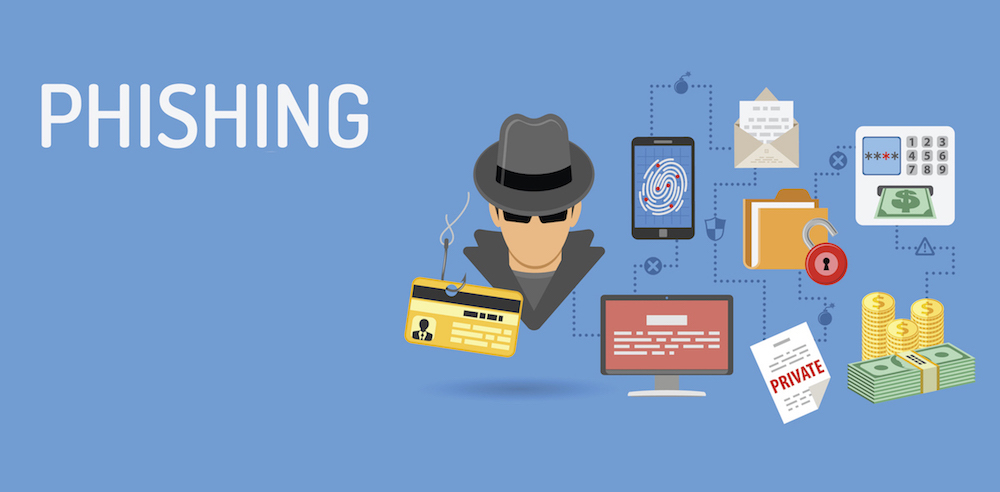
Don’t Go Phishing!
February 8, 2017
Wi-Fi, cellular minutes and cellular data…I don’t have a clue what it all means!
February 21, 2017The notion of “the cloud” is a mystery to many people. So, what is the cloud? All it means is that the data (photos, videos, documents, etc.) is not stored on your physical computer or device. Instead, a set of computers run by someone else at a location far away physically holds the items.
You are most likely using cloud-based services every day:
- Social media – Facebook, Instagram, Twitter and Snapchat
- Email – Google Mail (Gmail), Apple Mail, Yahoo (which you shouldn’t), AOL (you shouldn’t), sbclgobal.net, verizon.net, Spectrum, Infinity, AT & T (shouldn’t, shouldn’t, shouldn’t)
- Media Storage – iCloud Photo Library, Google Photos, Amazon Prime Photos or Flickr
- Streaming Media – Pandora, Spotify, Apple Music, Netflix and Hulu
- File Management – OneDrive and Dropbox
The benefit to you is that it is everything you create or use is not taking up space on your device. In addition, you are not responsible for maintaining it, updating or upgrading the software, and backing up.
Is my “stuff” safe in the cloud?
Using cloud services is no different than using any other services. It’s only as good, reliable, or as safe as the owner and their policies/abilities.
In most cases, the bad guys hacking escapades are not directed at “cloud” services. For example, the reported breaches into the VA database, Sony Studios, the DNC and RNC servers, were locally-based servers and systems maintained and serviced on site by those parties or agencies. The computers were compromised, and data such as user account email and passwords, addresses, social security numbers, email obtained because of poor IT management, i.e. bad passwords securing the machines.
When it comes to cloud services, all providers are not created equal. You should evaluate the business. Case in point are two recent occurrences:
- Yahoo and the numerous data breaches that occurred in 2013 and 2014 but went unreported to users until 2016.
- UCLA server intrusions took place in the spring or summer of 2015. Within 30 days they advised patients of the possibility that usernames, passwords, and possibly more data be in possession of the hackers.
Individual user accounts were not the weak point of penetration in either of these instances. The machines operated by Yahoo and UCLA were the targets and entry point. The fact that they were hacked, in and of itself, does not mean inadequate protection. BUT, how each entity handled the event speaks to the overall quality of management and respect for users’ privacy and security.
How do I know what cloud service to choose?
Cloud storage, backup, and software services are essential in today’s world. They also even the playing field by making services and software options more affordable and giving smaller businesses the opportunity to develop higher end results. For the everyday consumers, they give them more bang for their buck.
Evaluate email, photo or document storage, backup service providers the same way you would anything else:
- How long have they been in business?
- How reliable are their services?
- Are they changing with the times and continually upgrading their services?
- What do the experts say about their business and future?
- What is the security requirements imposed by them for password creation?
- Have they experienced a breach of their machines? If so, how did they handle it?
You are trusting them with your valuable data so make sure you do your homework. Stay informed. Read. Question. Evaluate.



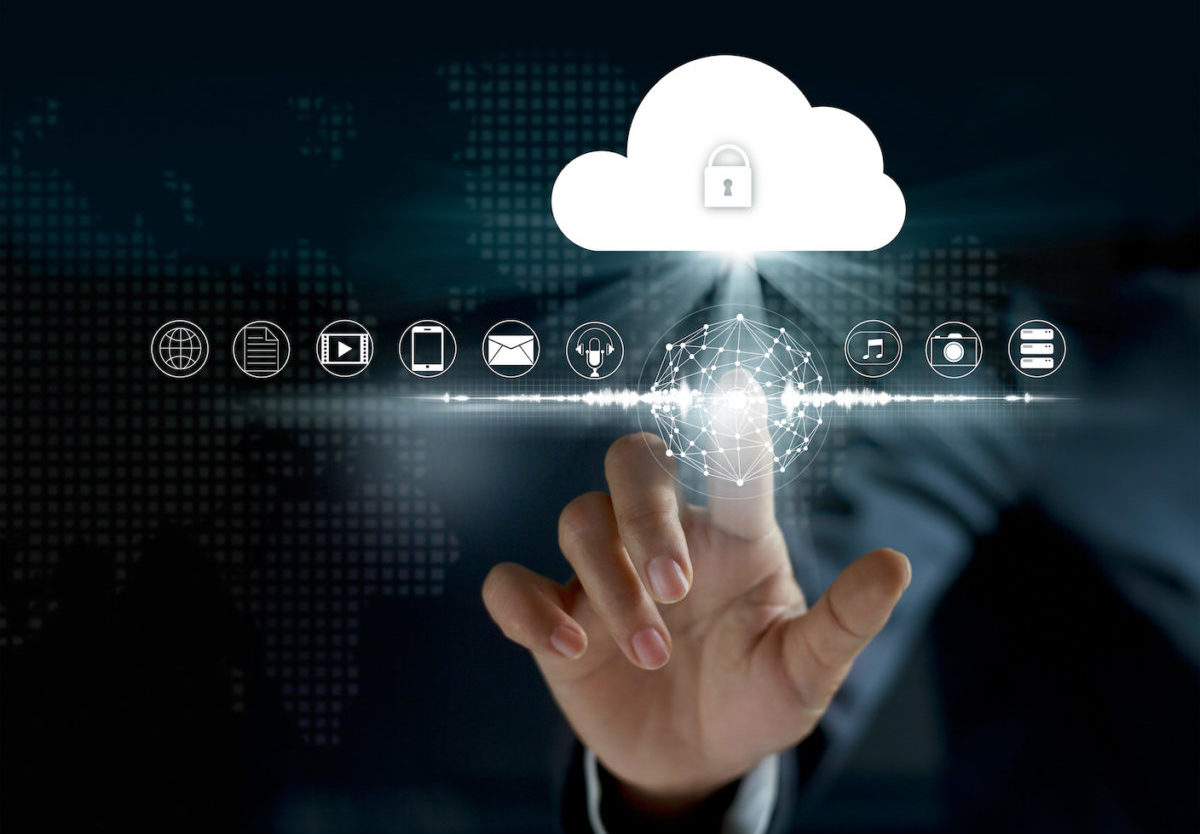
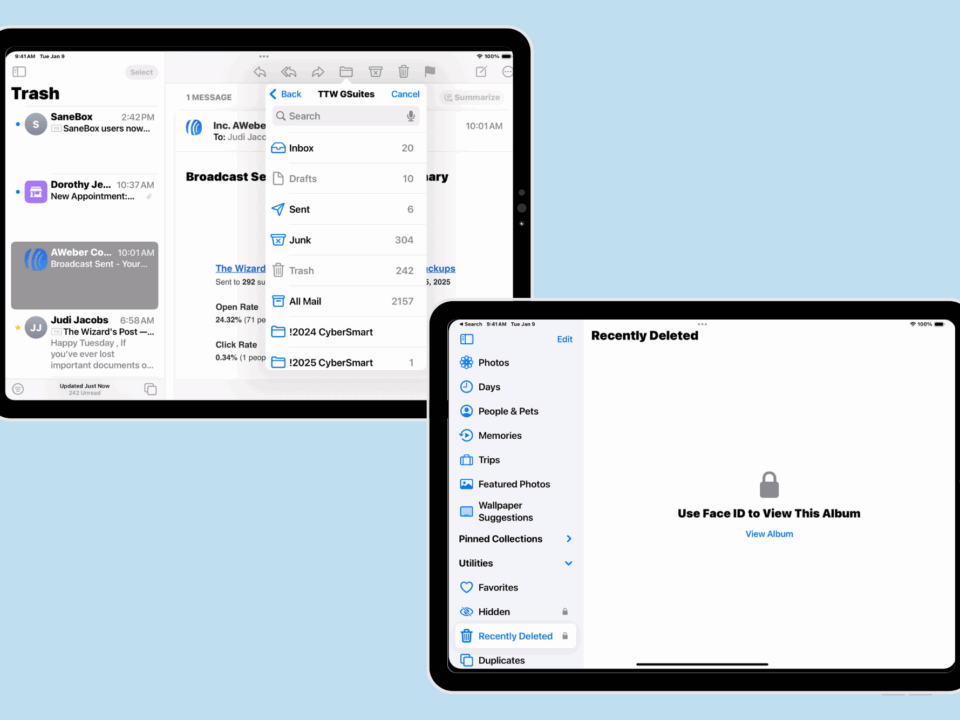
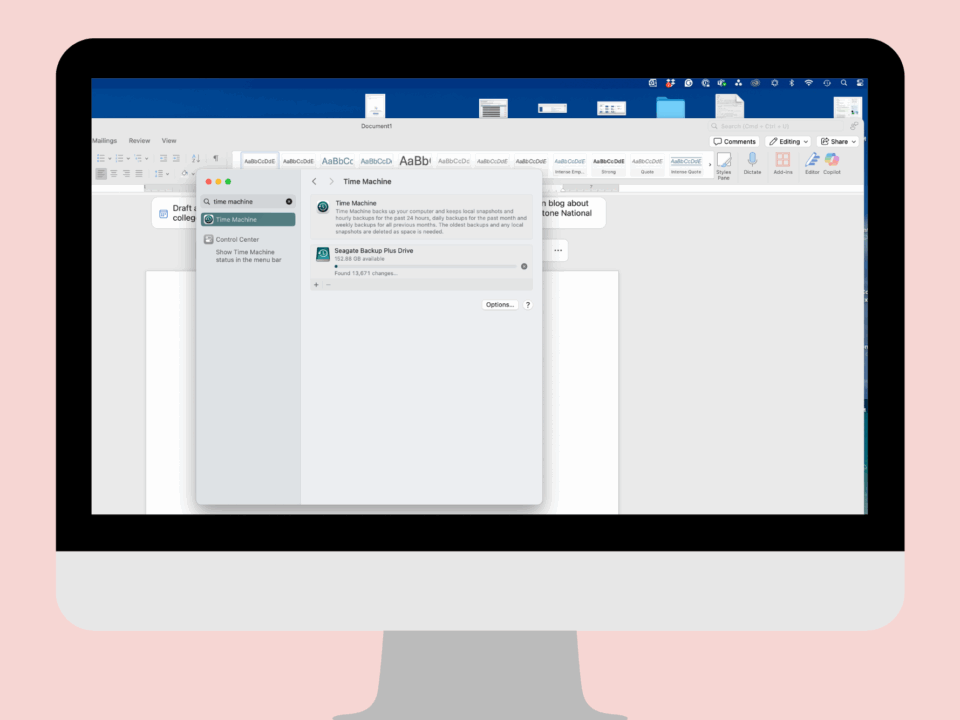
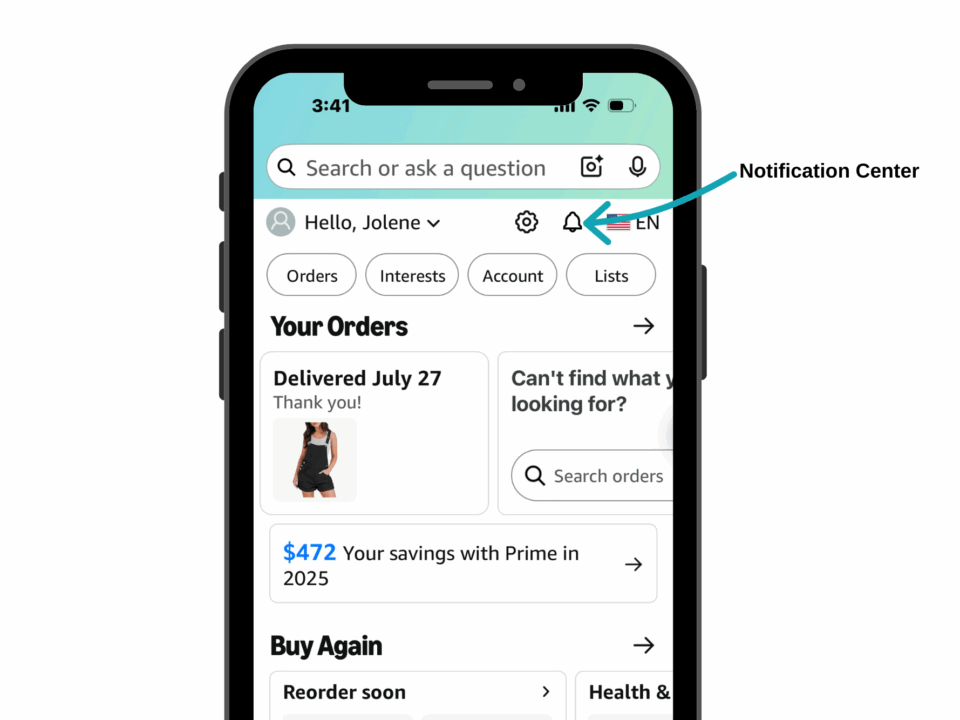
1 Comment
[…] Fortunately, because of the exploding digital photography market, there are many safe and reliable photo storage options. Cloud services provide free, easy-to-use options to automatically save and organize your photos. To understand more about the “Cloud” see my blog here. […]